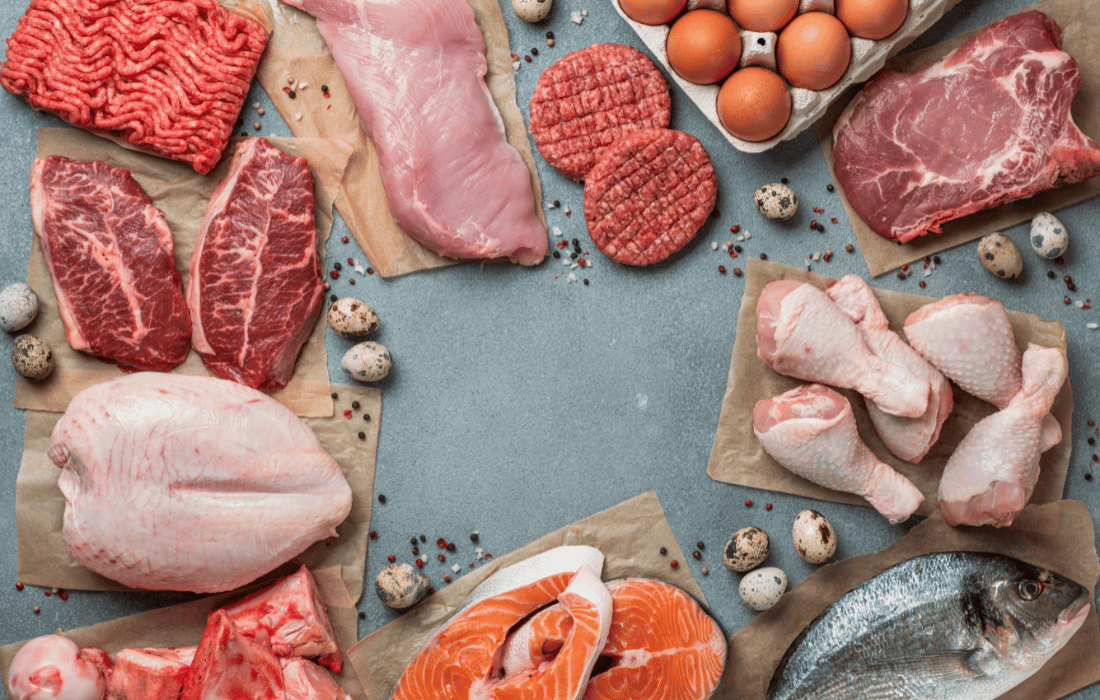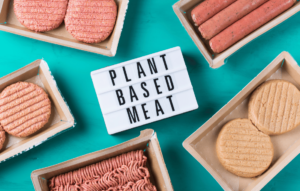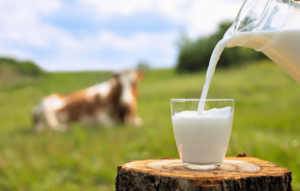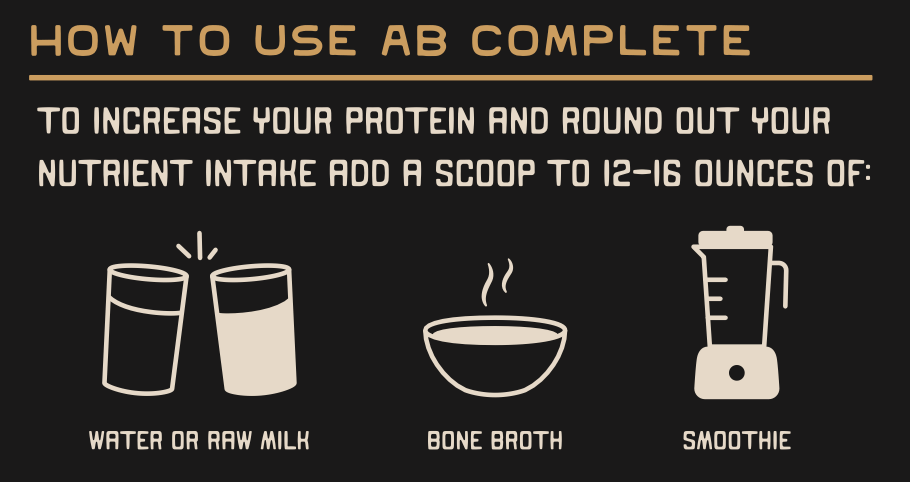When you think about the pillars of health, protein often sits in the background while the spotlight focuses on carbohydrates, fats, and even micronutrients. Yet, a lack of protein in the diet is quietly wreaking havoc on the health of millions. From thyroid dysfunction in women to testosterone decline in men, the consequences of insufficient protein intake are far-reaching. Let’s dive deep into the science of why protein is essential, the dangers of deficiency, and how to optimize your intake for health and longevity.
Protein: The Building Block of Life
Protein is a macronutrient composed of amino acids that play critical roles in nearly every biological process. Beyond muscle repair and growth, proteins are involved in hormone production, immune system support, enzymatic activity, and even the structure of your skin, hair, and nails.
The body cannot store protein in the same way it stores fats or carbohydrates. This makes daily intake essential for maintaining optimal health. Without enough protein, your body is forced to break down muscle tissue to meet its amino acid needs, leading to a host of metabolic and hormonal issues.
How Protein Deficiency Affects Women
Thyroid Dysfunction
For women, one of the most significant consequences of inadequate protein is thyroid dysfunction. The thyroid gland requires a steady supply of amino acids, particularly tyrosine, to produce essential hormones like T3 (triiodothyronine) and T4 (thyroxine). These hormones regulate metabolism, energy levels, and even reproductive health.
Without sufficient protein, the body struggles to produce these hormones, leading to symptoms such as fatigue, weight gain, hair thinning, and menstrual irregularities. A poorly functioning thyroid also disrupts insulin sensitivity, further exacerbating metabolic issues.
Hormonal Imbalance
Protein also plays a role in balancing estrogen levels. Adequate protein intake supports liver detoxification, which helps the body metabolize and excrete excess estrogen. High estrogen levels, often a result of inadequate protein paired with a high-carb, low-nutrient diet, can lead to estrogen dominance. This condition is associated with PMS, mood swings, and even an increased risk of certain cancers.
The Male Perspective: Protein and Testosterone
For men, insufficient protein intake hits hardest in the testosterone department. Testosterone is vital for muscle growth, energy levels, mood, and overall vitality. Here’s how a low-protein diet undermines testosterone:
Insufficient Amino Acids
Testosterone synthesis relies on essential amino acids. Leucine, in particular, activates the mTOR pathway, which plays a critical role in muscle protein synthesis and overall anabolic signaling. Without enough high-quality protein, these pathways remain underutilized, leading to decreased muscle mass and lower testosterone production.
Insulin Resistance
Low protein intake can lead to a decrease in muscle mass, which in turn impairs insulin sensitivity. Insulin resistance is a silent disruptor of testosterone production, as high insulin levels suppress luteinizing hormone (LH), which signals the testes to produce testosterone.
Protein and Muscle Mass: A Metabolic Powerhouse
Muscle mass is not just about aesthetics; it’s a vital organ of longevity. Skeletal muscle plays a crucial role in glucose disposal, insulin sensitivity, and metabolic health. Here’s why:
Glucose Regulation: Muscle tissue acts as a sponge for glucose, helping to stabilize blood sugar levels. The more muscle you have, the better your body can manage insulin and avoid the rollercoaster of blood sugar spikes and crashes.
Basal Metabolic Rate (BMR): Muscle tissue is metabolically active, meaning it burns calories even at rest. This contributes to a higher BMR, making it easier to maintain a healthy weight.
Inflammation and Chronic Disease: Muscle acts as an endocrine organ, releasing myokines that have anti-inflammatory effects. These benefits extend to reducing the risk of chronic diseases like diabetes, cardiovascular issues, and even neurodegenerative disorders.
How Much Protein Do You Need?
There are different camps when it comes to protein recommendations. The RDA (Recommended Dietary Allowance) suggests 0.8 grams per kilogram of body weight, which many experts agree is not enough to prevent deficiency, let alone optimize health.
A more effective guideline for active individuals or those aiming to improve metabolic health is 1 gram of protein per pound of ideal body weight. For example, if your ideal weight is 150 pounds, aim for 150 grams of protein per day.
Quality Over Quantity
Not all protein is created equal. Focus on high-quality, bioavailable sources such as:
Grass-fed and grass-finished beef
Pasture-raised eggs
Organic poultry
Wild-caught fish
Organic dairy (raw is law)
Plant-based protein sources often lack one or more essential amino acids and require careful combination to meet dietary needs.
The Science of Protein Timing
When you consume protein also matters. Here are a few tips to maximize its benefits:
Spread Intake Throughout the Day: Consuming 20-40 grams of protein per meal ensures a steady supply of amino acids and supports muscle protein synthesis.
Post-Workout Protein: Consuming protein within 30-60 minutes after exercise helps repair and rebuild muscle tissue.
Prioritize Protein at Breakfast: Starting the day with a protein-rich meal can stabilize blood sugar levels and curb cravings later in the day.
Why Most Diets Fall Short
The standard Western diet is disproportionately high in carbohydrates and fats, often at the expense of protein. Processed foods, sugary snacks, and fast food dominate, leaving little room for nutrient-dense protein sources. Even seemingly healthy diets, like plant-based or vegetarian regimens, can fall short without meticulous planning.
The Risks of Chronic Protein Deficiency
Prolonged protein deficiency can lead to a host of health issues, including:
Sarcopenia: Age-related muscle loss that accelerates metabolic decline.
Hormonal Imbalances: Affecting everything from thyroid function to sex hormones.
Compromised Immune Function: As proteins are essential for antibody production.
Poor Recovery: Inability to repair tissues after exercise or injury.
Take Action: How to Optimize Your Protein Intake
Here are practical tips to ensure you’re meeting your protein needs:
Track Your Intake: Use a food diary or app to monitor your daily protein consumption.
Prioritize Whole Foods: Opt for nutrient-dense, high-quality protein sources.
Supplement If Needed: Whey protein isolate or collagen supplements can help fill gaps.
Educate Yourself: Read labels to ensure processed foods don’t sneak in suboptimal protein sources like soy or wheat gluten.
Elevate Your Protein Game with Lineage Provisions’ AB Complete
For those looking to elevate their protein intake, consider Lineage Provisions’ Animal-Based Complete Grass-Fed Beef Protein. This product goes beyond being just another protein powder; it’s a revolutionary approach to making animal-based nutrition accessible and convenient.
What Makes AB Complete Unique?

Save 10% on Lineage AB Complete protein with code “tothemoon” Organs Made Easy: This blend includes nutrient-rich organs like heart, liver, spleen, pancreas, and kidney, as well as colostrum, providing complete nose-to-tail nutrition.
100% Grass-Fed & Finished: The beef protein comes from grass-fed, grass-finished sources, ensuring purity and nutrient density. The full carcass is utilized, honoring ancestral eating practices.
Protein-Rich: With over 20 grams of grass-fed beef protein per scoop, one serving delivers the equivalent of 4 ounces of meat, making it a powerful addition to any diet.
Super Nutrient-Dense: Packed with vitamins A, B12, iron, CoQ10, and real food carbohydrates from organic maple syrup, dates, and coconut water powder.
Cleanest Protein on the Planet: Free of gums, lecithins, artificial sweeteners, and flavors. Every ingredient is tested for over 450 contaminants, including glyphosate, heavy metals, and mycotoxins.
Family-Approved: An easy way to incorporate nutrient-dense organ meats into recipes, smoothies, or even mixed with bone broth—perfect for kids and adults alike.
The Founders’ Mission
Lineage Provisions, founded by Dr. Paul Saladino, MD, and Dr. Anthony Gustin, DC, is committed to reviving ancestral nutrition. Their focus is on real food ingredients sourced from ethical farms, making it easy to supplement your diet with the highest quality, nutrient-dense products. AB Complete was created to fill a gap in the market for clean, effective, and genuinely healthy protein supplements.
Conclusion
Protein is the unsung hero of optimal health, playing a foundational role in everything from hormonal balance to metabolic health. If you’re not prioritizing protein, it’s time to reassess your diet. By aiming for 1 gram of protein per pound of ideal body weight and focusing on high-quality sources, you can unlock a new level of vitality, strength, and resilience.
Lineage Provisions’ AB Complete offers a groundbreaking way to meet your protein needs while embracing the benefits of full nose-to-tail nutrition. It’s time to give protein—and your health—the spotlight it deserves.

















